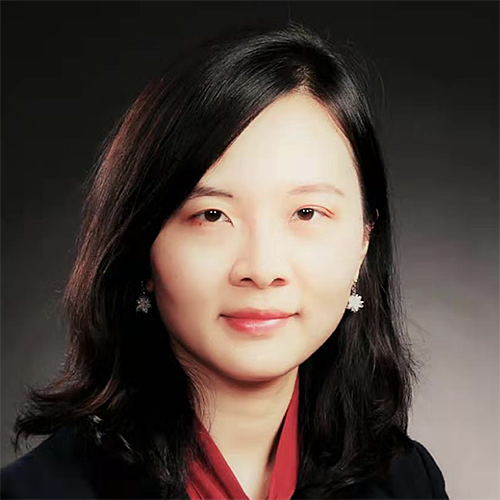With the demand for insurance rising in the countries of the Gulf Cooperation Council (GCC) region, Takaful, the Islamic insurance instrument based on Shariah law, is expanding its reach in this Arabic and strongly Islamic region.
A recent finding from S&P Global shows that the GCC region boasts a burgeoning growth in Takaful demand. Starting from 2020, the gross insurance sales in the region have increased annually by at least 20%, with 2024 forecast to exceed US$20 billion in revenue.
The robust growth is led by Saudi Arabia, the largest country in the GCC. The kingdom boasts a hefty share of 91% as the largest gross written premium market in the region. And in 2024, several new regulatory factors enhanced demand and insurance premium income as the Saudi government tightened insurance requirements, such as imposing a clampdown on uninsured vehicles and mandating medical covers for domestic helpers.
In addition, Saudi Arabia’s underwriting profit is shored up by improved returns, especially from the motor and health sectors. The two industries saw increased premium growth and reduced loss ratio. In 2023, all the listed insurance companies in the country turned a profit, snapping a two-year losing streak.
Comparatively, Takaful development in regions outside Saudi Arabia recorded a relatively sluggish performance with a 3% fall in revenue. The United Arab Emirates (UAE), as the second-largest market in the region, witnessed a decline premium income due to rate pressure and consolidation among insurance companies. Nonetheless, the Takaful outlook for UAE remains stable, given the country is aware of the peaking motor rate and repercussions from climate change, for instance, flooding that resulted in 21 deaths in the UAE and Oman.
Qatar is another key Takaful market, and its loss and expense ratio in 2023 was 80%, lower than that of Saudi, and implying a high underwriting profit.
The GCC, which accounts for more than half of the global Takaful issuance, is bolstered by several favourable conditions and key market drivers, which Dubai-based Alpen Capital identifies as economic diversification, mandatory insurance requirements and increased pricing.
“As we look to the future growth, insurers are looking for microeconomic and structural headwinds, increased demands regarding climate risks and social purpose and the exponential growth in digital innovation,” notes Abdul Zahra A. Ali Al Turki, the chief executive of UAE-based National General Insurance Company in the report. “As a result, we can say that there is real potential growth in GCC’s insurance industry.”
Nonetheless, GCC governments need to ramp up efforts to boost Takaful markets further. According to Fitch Ratings, Takaful’s share in Oman’s Islamic finance industry is 2% and in Bahrain, a mere 0.2%.
Along with market headwinds, however, there is intensifying competition. This intensified competition, and possible resulting lower investment returns, S&P warns, will weigh on the GCC Takaful outlook. In a webinar event in April, S&P suggested that one reason behind this is that some insurance companies fail to meet the necessary capital requirements, forcing them to merge in order to fulfil liquidity standards.
The rising merger and acquisition activities in the GCC insurance industry between 2021 and 2023, the Alpen Capital reports stresses, can benefit the industry overall by resulting in better pricing and reduced competition.
“In an effort to reduce high fixed costs, smaller and medium-sized insurers have been leading the trend towards consolidation,” the report states. “The GCC insurance markets are witnessing an increase in merger and acquisition activities, presenting opportunities for traditional and Takaful companies to develop, diversify and collaborate with insurtech companies to create innovative models and enhance profitability.”









